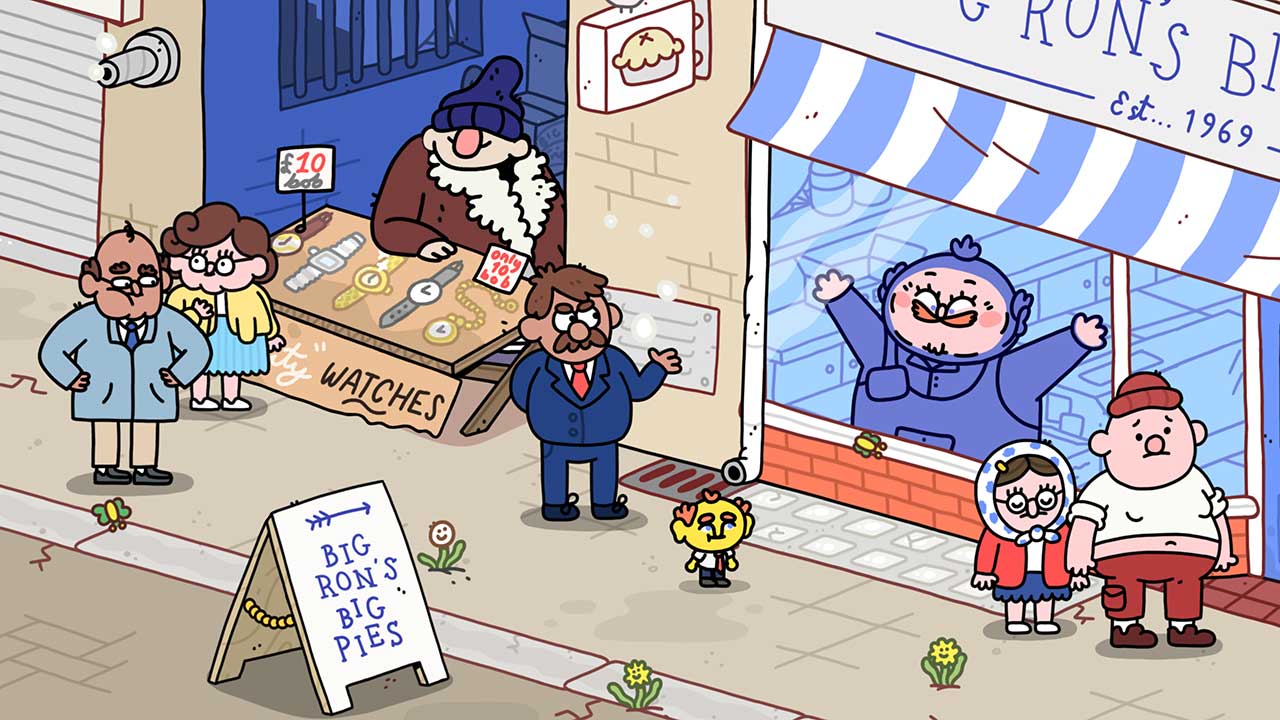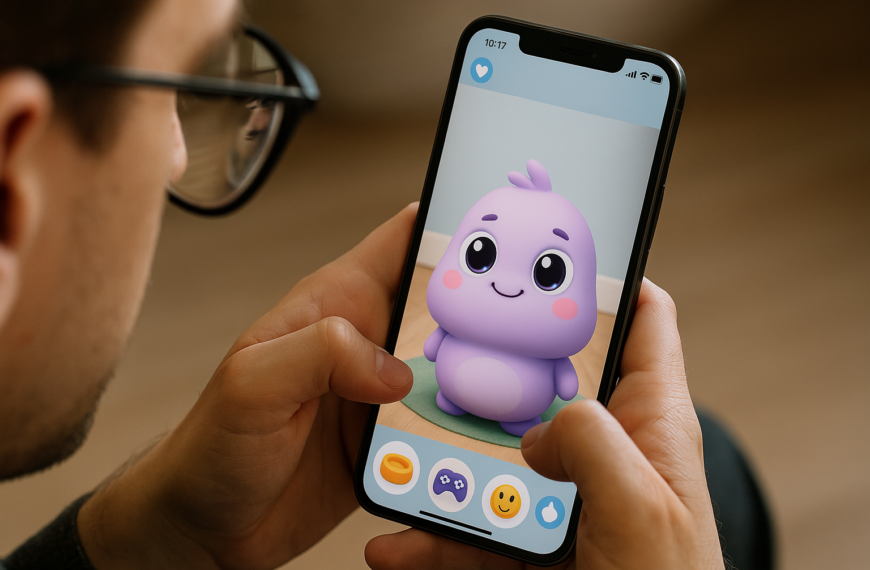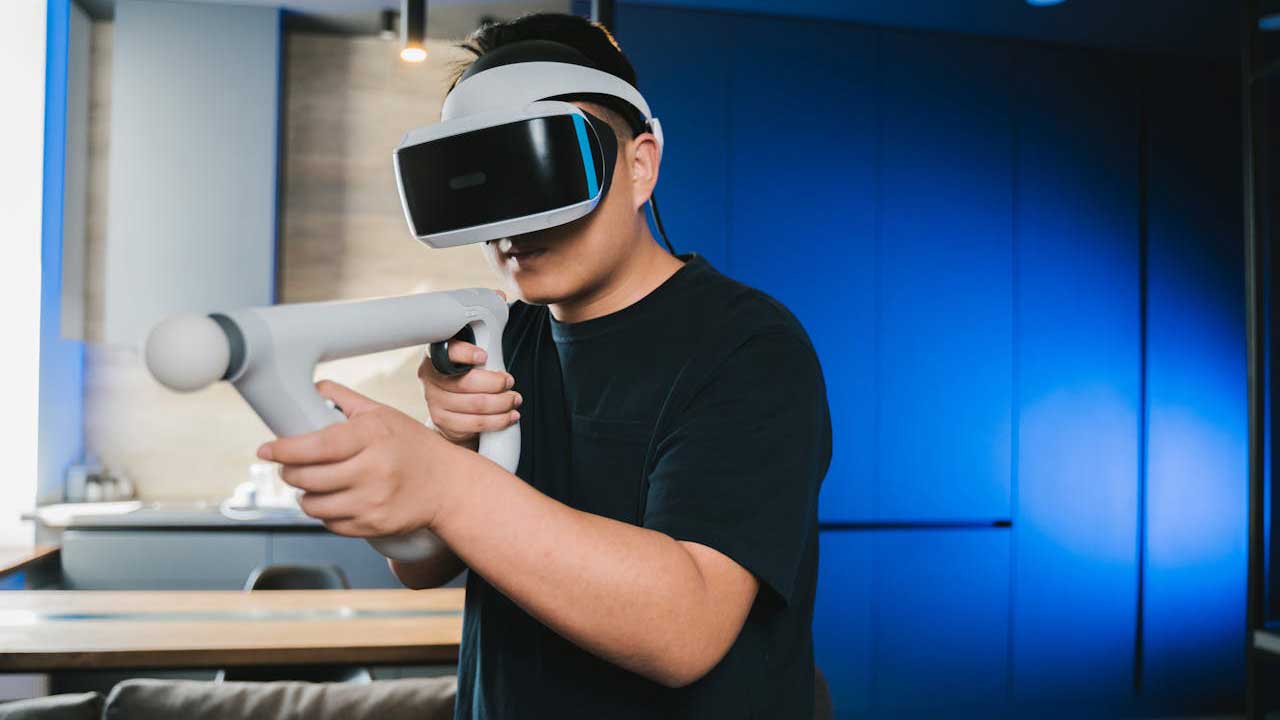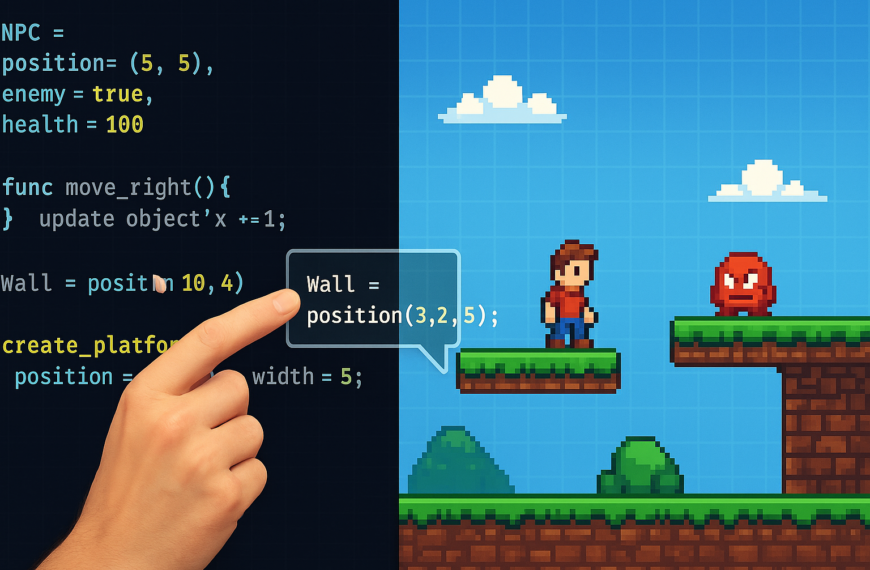Kevin Bates, the creator of the credit card-sized gaming device Arduboy, has announced that his company is on the verge of shutting down—thanks to newly imposed U.S. tariffs. After relocating production to China following Arduboy’s viral success in 2014, Bates built the project into a seven-figure indie hardware brand. But with new 145% tariffs on Chinese imports and retaliatory Chinese tariffs of 125% on U.S. parts, he says the business model is no longer sustainable.
Tariffs Are Killing the Margins

Image Credit: Drummyfish – Own work, CC0/Wiki Commons
Bates previously enjoyed profit margins of 30–50%—more than enough to keep his small team afloat. But now, between customs hurdles, skyrocketing logistics costs, and lost access to duty-free de minimis imports, that margin is completely gone. He’s considered making a final push via Kickstarter for a USB-C version of Arduboy, but he’s already declared the device “dead” on social media and is actively job-hunting. The whole ordeal, as reported by The Verge, underscores how sudden shifts in trade policy can devastate even successful indie tech ventures.
Why Moving Manufacturing Isn’t That Simple
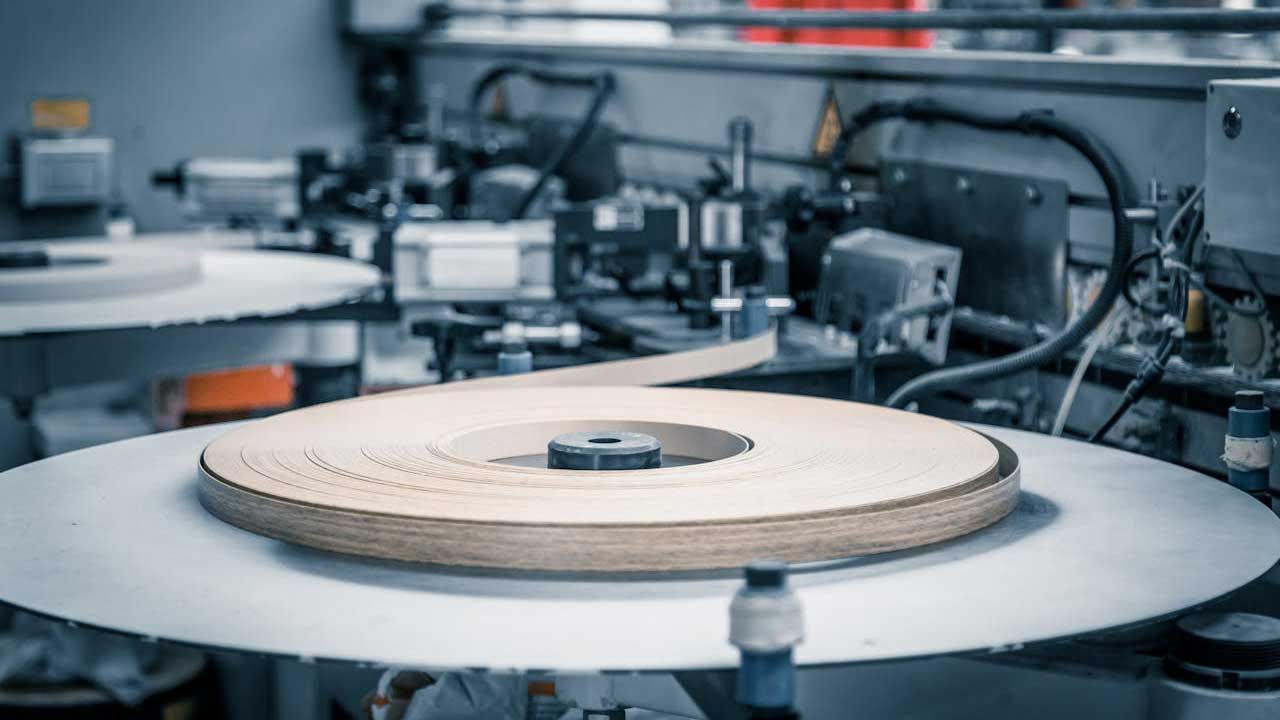
Image Credit: 力 Lee/Pexels
Bates isn’t alone. Thousands of U.S. small businesses that rely on Chinese manufacturing are stuck in a similar bind. Although the idea of “reshoring” production to the U.S. has political appeal, it’s not realistic for most creators. Building manufacturing infrastructure in the U.S. is expensive, labor-intensive, and slow—and many of the machines used to do it are made in China anyway. As Wired explains, the real issue isn’t laziness or lack of patriotism—it’s that the global supply chain simply isn’t easy to swap out overnight.
China’s industrial zones have spent decades fine-tuning small-batch manufacturing systems that U.S. companies—especially indie startups—heavily rely on. For companies like Arduboy that ship compact electronic gadgets, even small tariff shifts can tank entire product lines.
Uncertain Future for a Beloved Device
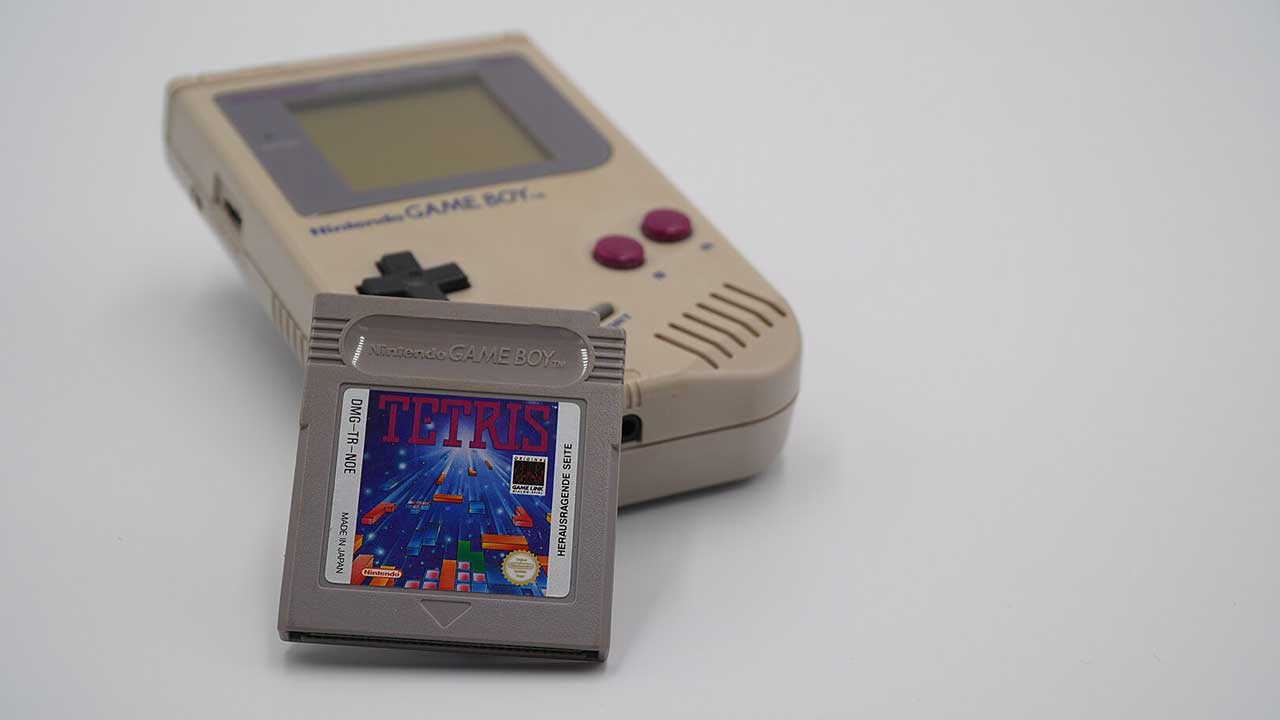
Image Credit: Sammlung der Medien und Wissenschaft – CC BY 4.0/Wiki Commons
The Arduboy has been a cult hit, loved for its open-source code and minimalist Game Boy aesthetic. It’s been used in schools, by hobbyists, and as a gateway into coding. But unless the trade landscape shifts again or a larger organization swoops in to save the project, it may have seen its final hardware release.
Bates’ story is becoming increasingly common—and unless there’s a policy course correction, more niche tech hardware could quietly disappear under the weight of tariffs that were never designed with tiny indie game consoles in mind.

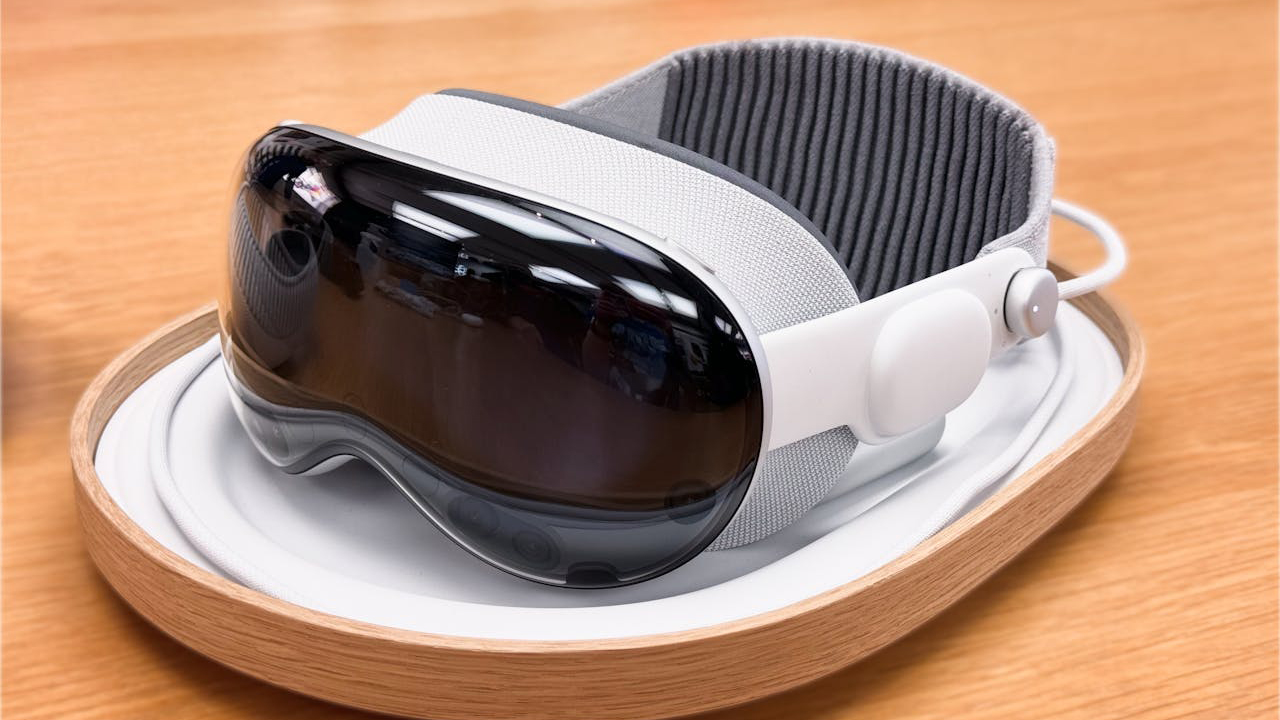
 By
By




